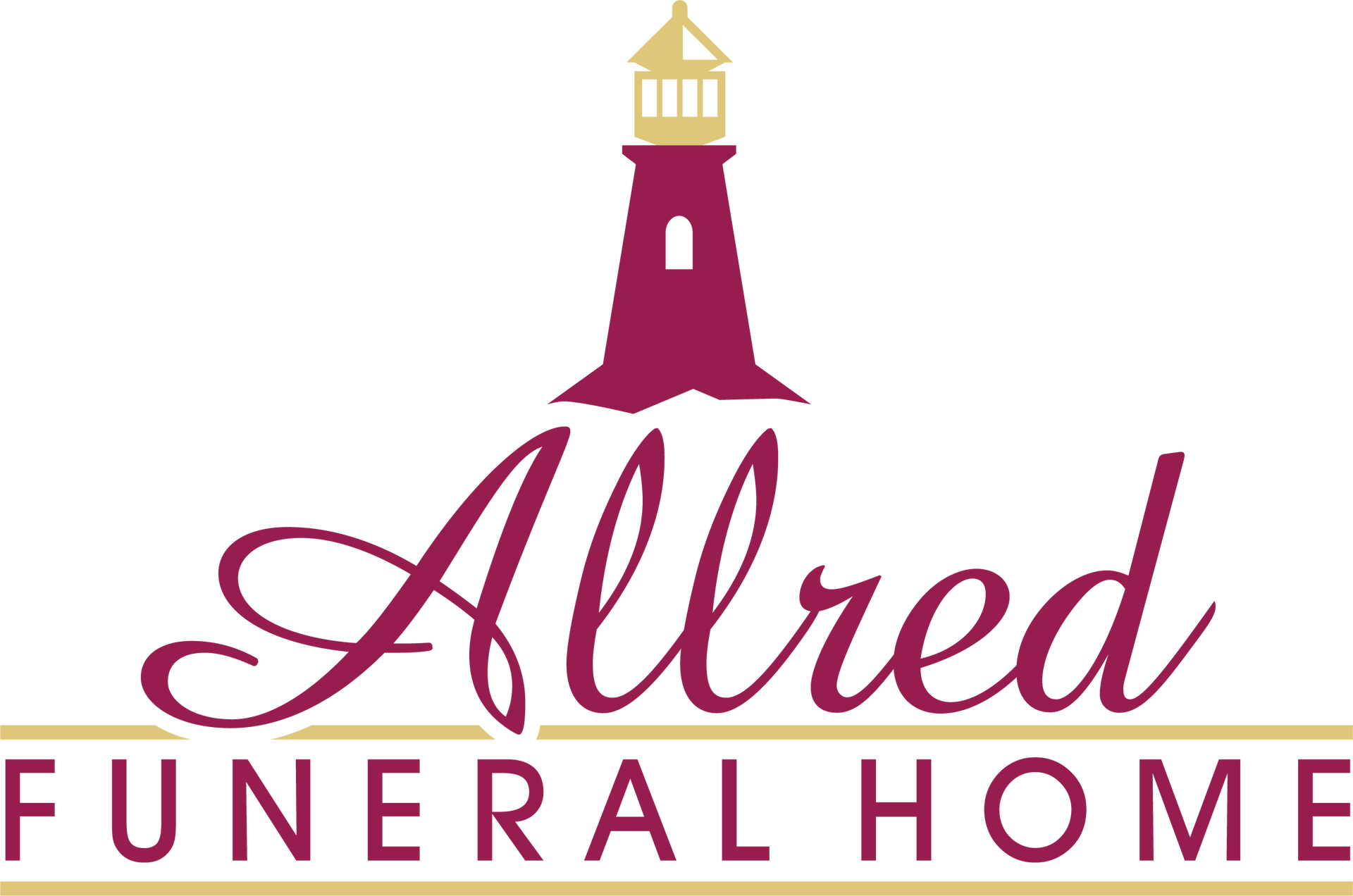Frequent Questions
The duration of the mourning process can also be influenced by your relationship to the deceased, the amount of support you receive, and other factors.
Sometimes the healing process may become disrupted or delayed if other events or traumatic losses have previously occurred in a person’s life. This may be especially true if the other loss is relatively recent, or has never been fully processed in and of itself. This grief experience is known as “complicated grief.” People who are dealing with this type of grief may benefit by working with professionals who are trained in dealing with complex grief issues.
If, after some time has passed, you find your grief is still persistent and disruptive to the point where it impacts your daily functions, please seek professional counseling.

